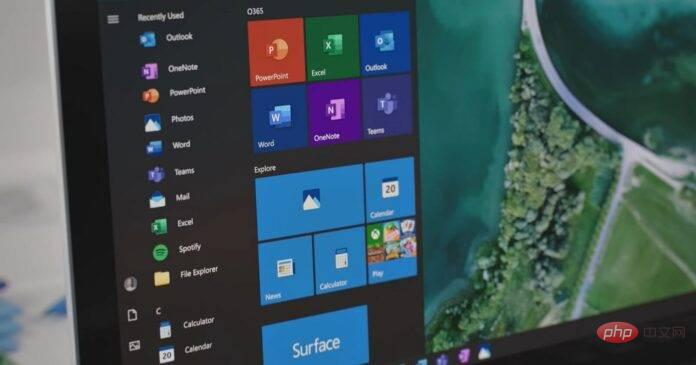

An era is coming to an end, as Windows 10 is slowly being retired more than eight years after its launch. Announced in 2015, Windows 10 will officially be retired on October 14, 2025, nearly a decade after its release in July 2015, when Windows 8 was heavily criticized.
In an update to the Microsoft Store listing, Microsoft confirmed that January 31 is the last day to purchase a Windows 10 product key. In other words, Microsoft does not provide product keys for the operating system on its official online or offline stores.
This means that the Microsoft Store will only offer Windows 11 product keys and you will no longer be able to purchase Windows 10.
“January 31, 2023 will be the last day for Windows 10 downloads. Until October 14, 2025, Windows 10 will continue to be supported with security updates that help protect your PC Safe from viruses, spyware and other malware,” the company said in an alert posted on its website.
Starting February 1, Microsoft will begin redirecting Windows 10 Home and Pro product pages to Windows 11.

For those who still prefer Windows 10 over Windows 11 and plan to buy the older operating system This sounds like bad news to people, but this change doesn't necessarily mean that Windows 10 product keys will cease to exist.
First of all, you can always buy a Windows 10 product key from other online stores like Amazon or eBay. Offline retailers will continue to offer Windows 10 products globally.
It’s also important to know that Microsoft is not blocking Windows 10 activation. You can always purchase a Windows 11 product key and downgrade to Windows 10, which will automatically activate with a digital copy linked to Microsoft.
Windows 10 can still be activated using Windows 7 and 8.1 product keys, and even Windows 11 keys can activate copies of Windows 10.
As mentioned at the beginning, Windows 10 will not be going anywhere, and it will be available through every update until at least October 2025. Monthly cumulative updates continue to gain security and improvements. Microsoft previously confirmed that the operating system will be supported until October 14, 2025, but it is likely that support will be extended for enterprise customers.
In other words, if you haven’t upgraded yet, you can continue using Windows 10 without rushing. Keep in mind that Windows 11 is optional and Microsoft won't force users to upgrade to the new operating system.
This is because Windows 11 is not for everyone, while Windows 10 offers more in terms of advanced features and customization options.
It’s also worth noting that Microsoft is working on a successor to Windows 11 called “Windows 12,” and reports suggest that the update may shine with AI, but we don’t know when it will Listed.
The above is the detailed content of End of an era: Microsoft stops selling Windows 10. For more information, please follow other related articles on the PHP Chinese website!




